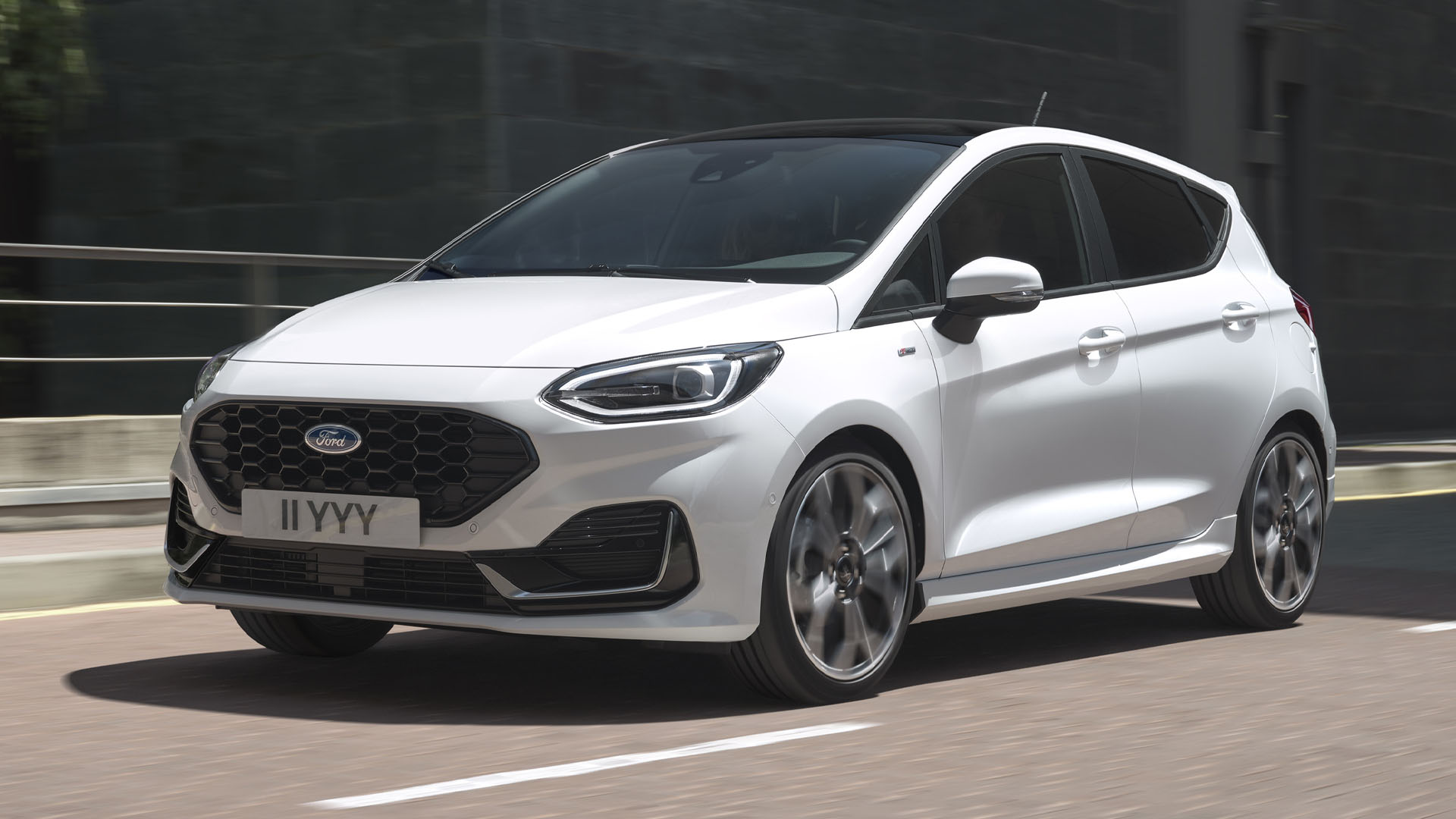

On July 7, 2023, the last Ford Fiesta will roll off the assembly line in Cologne, Germany, after 47 years in production. The latest generation of Fiesta was not imported to the United States, but the discontinuation of the car’s seventh generation, which entered production in 2017, marks a turning point for small cars globally. Larger, more expensive automobiles are taking over the world, while smaller, more economical vehicles are being phased out.
Ford’s official justification for ending production of the car, as Autocar reports, is that it needs space in its Cologne assembly plant to produce the new Explorer EV, which is only for the European market.
The two final Fiestas produced will be saved for the automaker’s heritage fleets. One will remain in Cologne, while the other will be kept in the United Kingdom, which has always been a big market for the car. The Fiesta has consistently been one of the best-selling cars in the island nation, although new car sales in the U.K. as a whole aren’t huge and recently cars like the Ford Puma, a small crossover, have overtaken it.

The sixth-generation Fiesta is well-known in the U.S. for its ST performance variant, which went on sale in America in 2013. Its 1.6-liter three-cylinder engine produced an impressive 180 horsepower, which was plenty for a car that weighed around 2,500 pounds. Equipped with a six-speed manual transmission, it was produced in Mexico until 2017.
It’s currently unclear if small cars as we know them will ever see much popularity again in the United States. EVs are growing in popularity rapidly, but battery technology currently limits the range and capability of most small EVs. The new Chevy Equinox EV, for instance, is nearly the size of the current gas-powered Chevy Blazer on account of its large battery. Until energy density can be improved, or attitudes towards shorter-range EVs change, we probably won’t see another car like the Fiesta on our shores for a long time.
Got a tip? Send it in to tips@thedrive.com